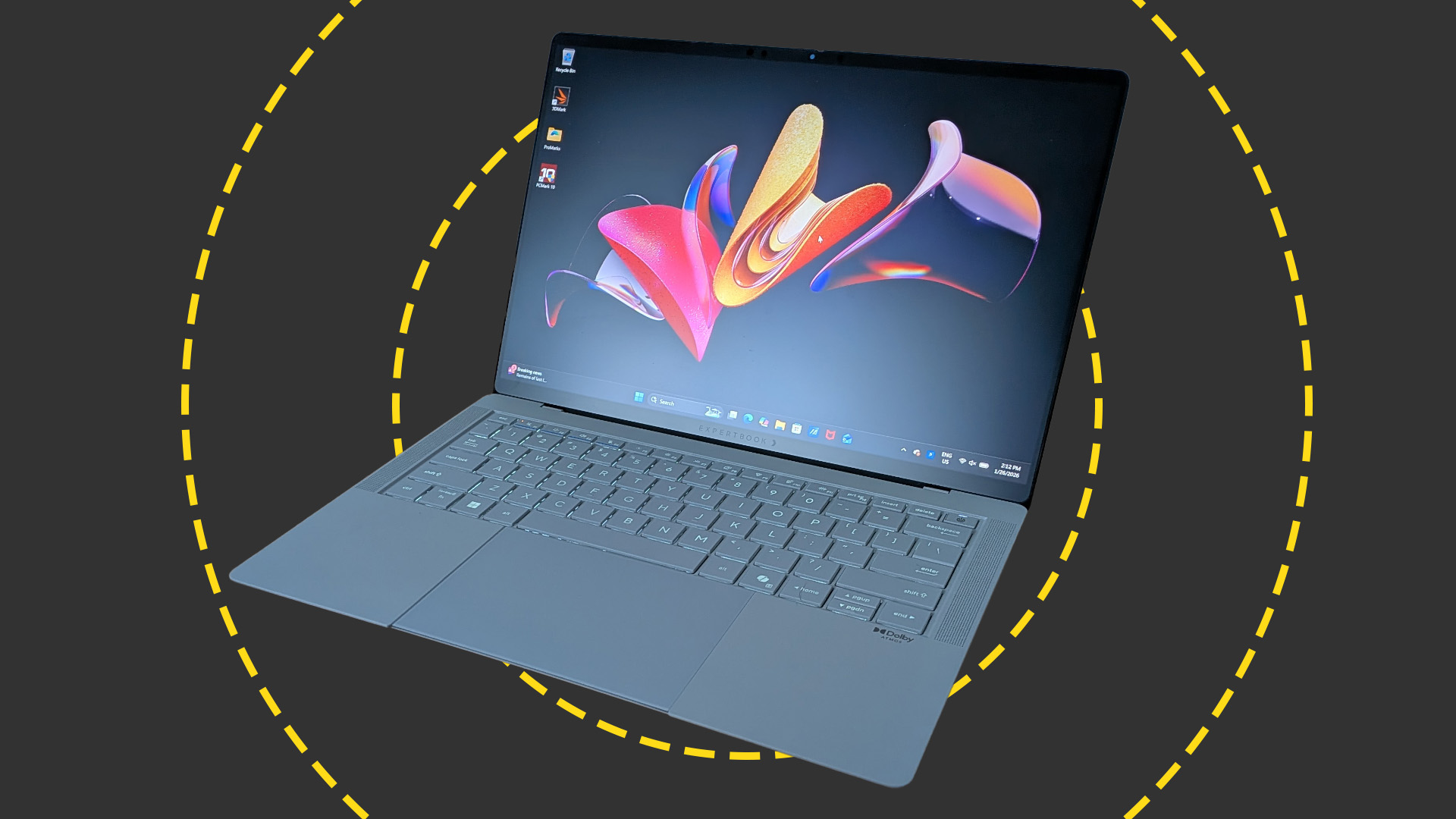Trump blocks Broadcom's Qualcomm bid, citing security concerns
President intervenes in the deal amid concerns that China could pull ahead in 5G race

President Trump has blocked the proposed $117 billion takeover of Qualcomm by Broadcom, citing concerns that the deal could pose a risk to national security.
The proposed landmark deal between two of the world's largest chipmakers would have likely been the largest takeover in tech history, but according to a presidential order released on Monday, there was evidence that Broadcom "might take action that threatens to impair the national security of the United States".
Semiconductor firms are racing to develop the latest 5G chips for future wireless networks, and US-based Qualcomm and China's Huawei are widely regarded as leaders in this field. However, Broadcom is known for its track record of cutting research and development, and concerns exist that a merger could threaten the R&D output of Qualcomm and allow Chinese companies to pull ahead.
While the Singapore-based Broadcom conducts the majority of its business in the US, and is even looking to move its operations to that market, reports suggesr that Trump's decision is an attempt to thwart China's bid to gain market advantages by doing deals with US firms.
"Given Broadcom's business practices, the worry is that they will cut investment significantly, particularly in the 5G roadmap, weaken Qualcomm, as well as the US position and allow Huawei, a Chinese company to take the lead," said Stacy Rasgon, chip analyst at Bernstein, speaking to CNBC.
However, it's also possible that Trump's decision may also be an attempt to maintain healthy market competition in the US, given that a takeover would have created the world's third-largest semiconductor firm behind only Intel domestically, and Samsung internationally.
Rumours circulating at the weekend suggested Intel was also looking at potentially bidding in an attempt to block Broadcom from signing a deal that would have threatened its market position.
Sign up today and you will receive a free copy of our Future Focus 2025 report - the leading guidance on AI, cybersecurity and other IT challenges as per 700+ senior executives
Broadcom has said it is reviewing the presidential order, adding that it "strongly disagrees that its proposed acquisition of Qualcomm raises any national security concerns".
Qualcomm had previously rejected Broadcom's bids on the grounds that they significantly undervalued the company and fell short of regulatory antitrust requirements, although publicly the company remained open to a potential deal.
An investigation into the deal by the Committee on Foreign Investment in the United States (CFIUS) announced last week, was - claimed Broadcom - initiated following a complaint by Qualcomm directly.
Qualcomm's executive board secretly approached the CFIUS to review the takeover deal in order to block the deal and protect the company from an acquisition, Broadcom said at the time, and later corroborated by sources speaking to TechCrunch.
As part of the presidential order, Qualcomm has been told to reconvene its 2018 annual shareholder meeting as early as possible, after delaying it for the CFIUS investigation. Any Broadcom nominees that would have been present as part of the deal will be barred from attending. Other than a statement acknowledging the order, Qualcomm has yet to comment specifically.
CFIUS announced in January that it would no longer be supporting a $1.2 billion deal which would have seen the takeover of US-based money transfer business Moneygram by Chinese firm Ant Financial, citing changes to the political landscape.
Dale Walker is a contributor specializing in cybersecurity, data protection, and IT regulations. He was the former managing editor at ITPro, as well as its sibling sites CloudPro and ChannelPro. He spent a number of years reporting for ITPro from numerous domestic and international events, including IBM, Red Hat, Google, and has been a regular reporter for Microsoft's various yearly showcases, including Ignite.
-
 IDC: The business value of IBM Maximo
IDC: The business value of IBM MaximoWhitepaper Integral to the transformation of asset management
-
 UK firms are pouring money into AI, but they won’t see a return on investment unless they address these key issues
UK firms are pouring money into AI, but they won’t see a return on investment unless they address these key issuesNews An SAP report projects increased AI investment, but cautions that too many organizations are taking a fragmented approach
-
 Intel makes high-level hires while factory workers are warned of layoffs
Intel makes high-level hires while factory workers are warned of layoffsNews The company is appointing four senior executives as part of efforts to refocus on engineering and customer relationships
-
 UiPath names Simon Pettit as new AVP for UK and Ireland
UiPath names Simon Pettit as new AVP for UK and IrelandNews The seasoned leader will spearhead region-specific transformation projects as UiPath looks to drive operational growth and customer engagement
-
 How to empower employees to accelerate emissions reduction
How to empower employees to accelerate emissions reductionin depth With ICT accounting for as much as 3% of global carbon emissions, the same as aviation, the industry needs to increase emissions reduction
-
 Worldwide IT spending to grow 4.3% in 2023, with no significant AI impact
Worldwide IT spending to grow 4.3% in 2023, with no significant AI impactNews Spending patterns have changed as companies take an inward focus
-
 Report: Female tech workers disproportionately affected by industry layoffs
Report: Female tech workers disproportionately affected by industry layoffsNews Layoffs continue to strike companies throughout the tech industry, with data showing females in both the UK and US are bearing the brunt of them more so than males
-
 How can small businesses cope with inflation?
How can small businesses cope with inflation?Tutorial With high inflation increasing the cost of doing business, how can small businesses weather the storm?

